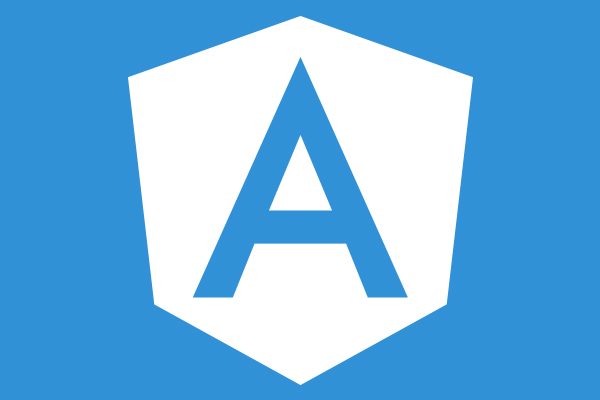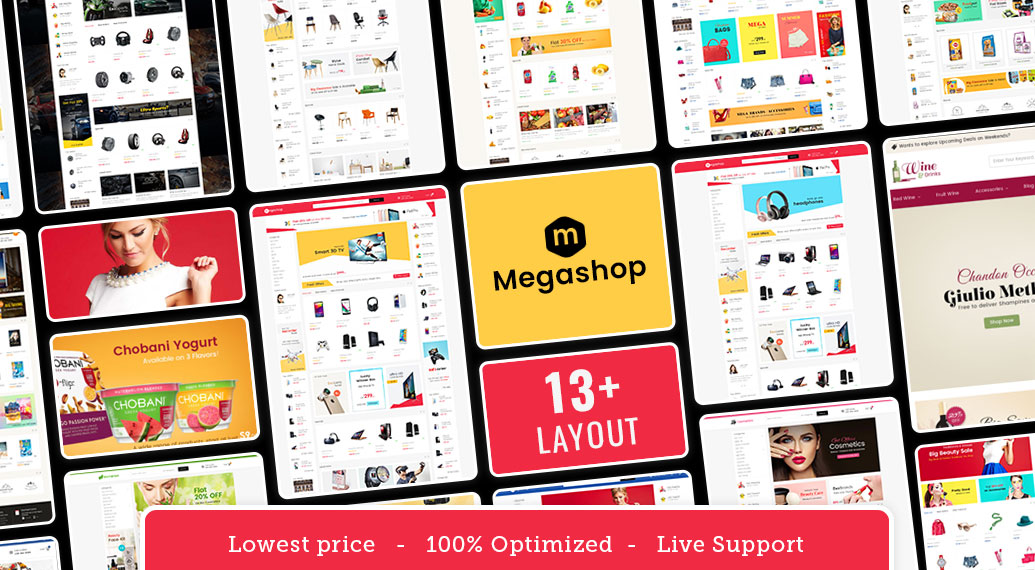What makes AngularJS a reliable and favorable app development platform for developers? Well, open-source availability, immense popularity, robust community support, regular updates, and many more such features are responsible for Angular’s success. Initially evolved as a front-end development tool, Angular has now emerged as an efficient web app development framework.
Today, many top-most Fortune 500 companies rely on Angular for their web development projects. Tech giants like Samsung, Microsoft, PayPal, and many more are already using AngularJS, which helped the framework to gain a solid reputation. Apart from these, many startups and SEMs also hire experienced AngularJS developers to build robust and interactive websites and web applications to enhance their online presence.
But don’t you wonder what types of applications you can create using Angular? Well, if your answer is yes, then you are in the right spot as here we will discuss the varied types of applications that you can develop using this framework. This blog will also talk about the reasons for Angular being so popular in the market. So, let’s start the discussion!
Angular: The insight you need
Table of Contents
Google has developed the popular JavaScript-based framework- AngularJS. It is a robust front-end development toolkit used for building responsive Single Page Applications (SPA). A team of developers and designers at Google manages and maintains Angular and updates it regularly to make it more efficient.
But why is there hype about Angular?
Applications built with Angular are highly performant and provide users with a seamless experience. When you use Angular, you will be amazed by its tools to assist with your web development projects.
Moreover, Angular is Google’s own child, which makes it globally popular and reliable. Google, Microsoft, and Youtube are enough to recommend Angular as they utilize it for their tech stack.
Furthermore, Angular is an open-source framework, and it is backed by vast community support. All this helps Angular to upgrade and enhance itself for better performance.
Angular is a perfect tool for developing complex applications due to its MVC (Model, View, and Controller) architecture and double-sided (two-way) data binding. To point out expressly, here are some notable reasons why there is hype about Angular:
-
TypeScript:
Angular uses TypeScript, JavaScript-aided scripting language, along with JS to scale and find bugs in your application. TypeScript helps in accelerating the app development process.
-
Ecosystem:
As already mentioned, a massive community of developers supports JavaScript that lets you target the global audience with ease. Being an Angular developer, you can easily reach out to anyone in the community to resolve your development related queries.
-
Testing:
Angular is a toolkit that comes with several efficient tools that assist you in speeding up and securing your applications. These tools help in examining your application thoroughly to avoid wasting time in testing repeatedly.
-
Libraries:
When you are involved in a large app development project, it can be challenging to understand the project’s specifications and new members. However, thanks to Angular’s libraries support and documentation, it becomes easy to go along with the development team and projects.
-
Modular development structure:
Modern applications need modern solutions to build better applications. Features of modularity and lazy loading are what advanced applications look for. Since Angular is equipped with all these features, your Angular application will need much fewer resources that further help in eliminating the initial loading time.
Read More: https://readalladvice.com/category/technology-blog/
Types of Applications You Can Develop Using AngularJS
With the above features, it might be clear why Angular is so prevalent in the web development space. Now, let’s discuss the type of applications you can build using this framework.
-
Single-page Applications
Single-page applications or SPAs are applications built-in one page that depicts dynamic information interactively. It offers a unique and seamless user experience compared to traditional multi-page websites. Although there are many other frameworks to develop SPAs, developing them using Angular will guide you with data management and routing.
-
Scalable Web Apps
With Angular’s component-based architecture, you can quickly build scalable web applications. Moreover, when you scale your application using Angular after developing your app, it will not damage its other parts and functions.
-
Progressive Web Apps
Progressive web applications (PWAs) are those apps that are quick to access, adapt to the user’s screen, and do not need any internet connectivity. A PWA loads instantly, and you can build one using the Angular command ‘ng add @angular/pwa.’
-
Mobile Apps
When it comes to mobile app development, Angular is an efficient tool. You can pair it with Ionic and Native Script and develop robust hybrid applications for both leading operating systems – Android and iOS. In fact, several weather applications, e-commerce apps, social media, video streaming apps, etc., are already using Angular for mobile app development.
-
SSR Apps
Angular allows you to build web apps that you can render server-side. These applications are known as Server-side Rendering (SSR) apps. By implementing apps in this manner, they will load quickly. Moreover, an Angular SSR app will enhance your Search Engine Results Page (SERP) rankings, promoting your services and products for better reach.
Final Thoughts
This article has introduced you to the types of applications you can create using AngularJS. Moreover, you have also learned about the reasons that are responsible for its immense popularity. Therefore, if you have a great concept in your mind, all you need are some efficient Angular programmers for hire who can turn your dream project into reality.




